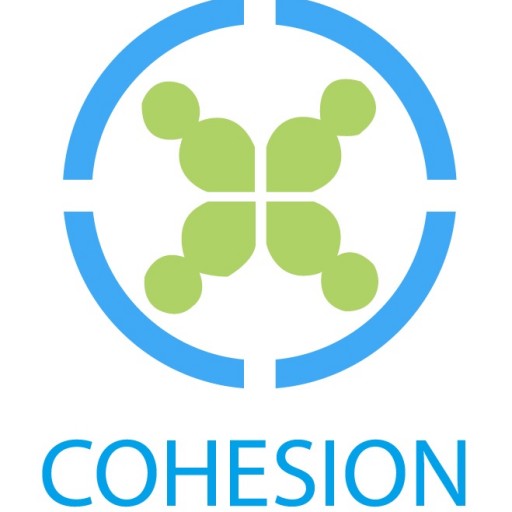Two members of the Swiss COHESION team (Sarah Lachat and Jorge Correia) traveled to Nepal
recently where they worked for 15 days with the local COHESION team (Nilambar Jha,
Suman Sing and Sanjib Sharma) at the B.P. Koirala Institute for Health Science.
The aim of the visit was to support the planning and implementation of the three
elements of the COHESION research project (policy analysis, health system assessment, community
perception study). In addition to working session at the BP Koirala, the selected sites of intervention
Itahari (urban) and Banyani (rural) were visited, including a visit of the two related Primary
Health Care centers and meetings with the local stakeholders (VCD committee members, staff from
the PHC centers, etc.). The current management of NCDs and leprosy was discussed, as well as perceptions regarding both types of diseases and related needs.
Another major aim of the visit was to perform a situational analysis of the management of patients affected by leprosy in Nepal, with a focus on therapeutic patient education, led by Dr.
Correia. This study was conducted in three sites, selected due to the number of leprosy patients that attend and the expertise of the institutions: B.P Koirala Institute of Health Sciences, Lalgadh Leprosy
Hospital and Services Center and the Anandaban Leprosy Hospital. More than 20 interviews were conducted with patients, caregivers, expert patients, health workers and program managers. Educational sessions were also observed.
Preliminary results show how stigma and social exclusion remain vivid, a source of distress for those who suffer from the disease. Many beliefs regarding the illness remain prevalent, still viewed by many patients as a curse or divine punishment despite the numerous education campaigns aimed at improving the understanding of the disease. Furthermore, treatment of leprosy and its reactions were discussed in-depth, and most importantly, the capital role of self-care to prevent disability. Different models of existing therapeutic education programs were analyzed. These were very well set up in the two specialized institutions visited, and limited in other health centers. Policy interviews with program managers from three main NGOs involved in leprosy management were conducted jointly by the Swiss and Nepalese COHESION team members.
Before leaving the country, the joint team also paid a visit to the office of the Swiss Cooperation
Agency (SDC) and built a promising partnership with local officers. A brief policy interview on NCD
management was also performed with the WHO focal point of national Health Sector in Kathmandu.
A lot was done in little time. The main success was undeniably the opportunity to work together!
